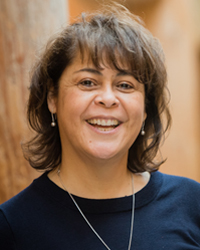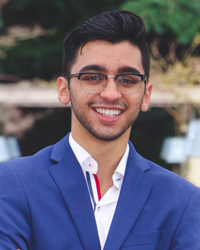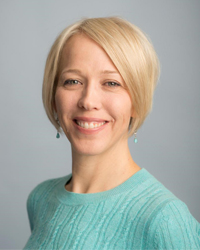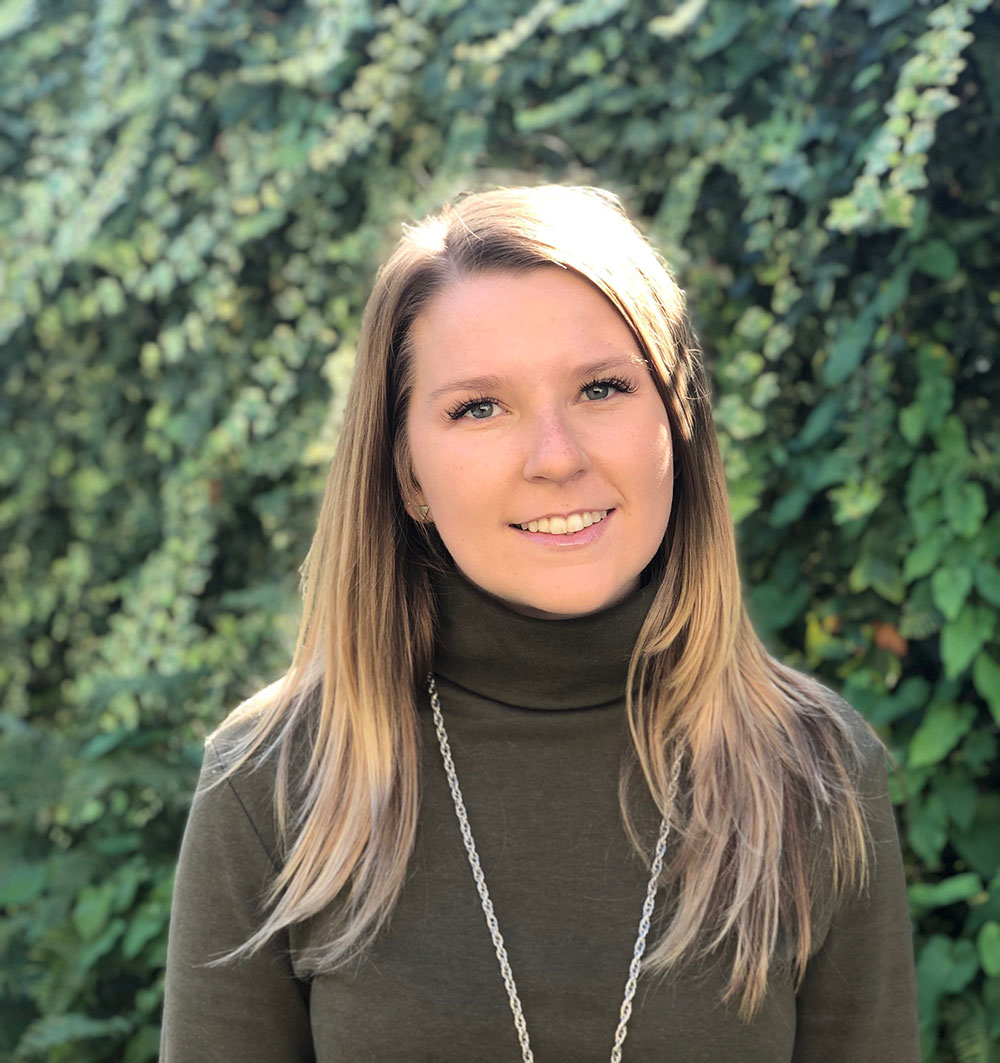
When youths want to turn socializing into screen time, parents often become concerned about online hazards — and all of this is understandable. We’re addressing these issues in our Online Safety and Digital Wellness series. Part one, “Preventing online harm,” looks at how to curb social media abuse and misuse. In this second part, three experts will help us explore this subject further. From the internet’s impact on development to fear of missing out (FOMO), join us for this webinar to learn how youths can cope with and develop healthier approaches to social media, cyberbullying, and more.
Host
 Dean pro tem, Faculty of Education
Dean pro tem, Faculty of Education
Jan Hare is an Anishinaabe scholar and educator from the M’Chigeeng First Nation, located in northern Ontario. As an Indigenous scholar and educator, she has sought to transform education in ways that are more inclusive of Indigenous ways of knowing and languages. She is researching the improvement of educational outcomes for Aboriginal/Indigenous learners by centering Indigenous knowledge systems within educational reform from early childhood education to post-secondary. This work recognizes the holistic and multidisciplinary nature of Indigenous education.
Moderator
 UBC Bachelor of Kinesiology student in Neuromechanics and Physiological Sciences, minor in Commerce
UBC Bachelor of Kinesiology student in Neuromechanics and Physiological Sciences, minor in Commerce
In his fourth year, Ahmed Masood is majoring in Neuromechanical and Physiological Sciences in the School of Kinesiology at UBC, with a minor in Commerce. He is hoping to later enter the Faculty of Medicine. During the COVID-19 pandemic, he did community work at Surrey Memorial Hospital. He is currently pursuing research in spinal cord injury at the iCORD Lab, and volunteers in exercise rehabilitation with seniors. He serves as President of the Order of Omega, and has previously held positions of student governance, campus ambassadorship, and safety management at various organizations at UBC.
Speakers

Head, Department of Educational Counselling and Psychology (ECPS)
Dr. Johanna Sam is a proud citizen of Tŝilhqot’in Nation. She currently lives and works on the traditional lands of the Musqueam People. She is an assistant professor in the Faculty of Education at UBC. Realizing the importance of a strength-based approach, she is involved in creating youth-friendly educational and mental health resources. Her research explores the relationships among cyber-aggression, resiliency, academic achievement, and wellness. Her research and teaching not only utilizes digital technology, but also approaches those digital tools from Indigenous perspectives.

Doctoral candidate, Department of Educational Counselling and Psychology (ECPS), Faculty of Education, Faculty of Education
Natasha Parent is a doctoral candidate in Human Development, Learning, and Culture at UBC. She investigates factors that influence human development and well-being in the modern world. Her current work focuses on adolescents and critically examines how their socio-technological contexts impact their healthy development and everyday lives, including how things like fear of missing out (FOMO) and habitual smartphone use impact the wellbeing of youths. She is well-published in this area, and is regularly invited to present on youth and technology.

Sessional lecturer, NITEP, Indigenous Teacher Education Program, Department of Educational Counselling and Psychology (ECPS)
Dr. Johanna Sam is a proud citizen of Tŝilhqot’in Nation. She currently lives and works on the traditional lands of the Musqueam People. She is an assistant professor in the Faculty of Education at UBC. Realizing the importance of a strength-based approach, she is involved in creating youth-friendly educational and mental health resources. Her research explores the relationships among cyber-aggression, resiliency, academic achievement, and wellness. Her research and teaching not only utilizes digital technology, but also approaches those digital tools from Indigenous perspectives.
Date
Monday, March 27, 2023
Time
6:00 – 7:30 PM PT
Location
Online